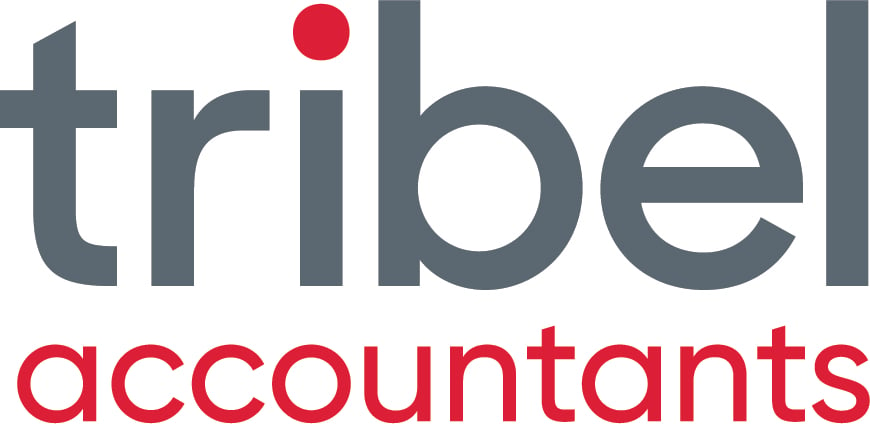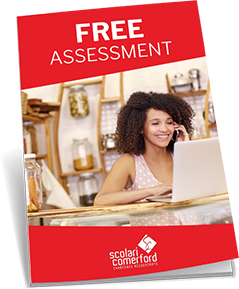INTRODUCTION:
Most small business owners and high net wealth individuals are looking for ways they can protect their assets when they are alive. The assumption that this will just carry on after they have passed is a dangerous one.
Accountants have a responsibility to make their clients aware of what could happen if they do not have a well thought out estate plan. Of course, having the plan after death could mean a lot of things might not end up as desired.
So what is an estate plan and who is most likely to need one?
anAn estate plan is a limited scope review that can:
1. Identify Your Assets
The first thing to do when preparing for an estate plan is to identify your assets and in what entity they belong to. This will include things like:
- Cash at bank;
- Investments;
- Shares in business;
- Assets in certain types of structures such as companies, trusts and superfunds;
- Real estate;
- Personal belongings.
By understanding what you own both in your own name or in another structure will not only allow for instructions to be clearer as to who gets what, but it will also tell them if the assets are in say a trust structure, who you will want to take over control of such trust assets in the event of your death as generally the trust assets will not form part of your estate assets.
This will also allow what some of the taxation implications are on death and whether these can be changed so that a better tax outcome is achieved should the worst occur.
If you have a small business, as part of your overall estate value you will need to understand what it's worth which might mean getting a business valuation.

Figure 1: What assets do you have and do you know what they are truly worth? Image supplied Lara Scolari Gallery
2. Is A Document How You Wish To Distribute Your Assets
An estate plan should have not just a will but also a document that tells a story of where you would like your assets to go. Using this document the will should then be drawn up by a qualified solicitor that effects these wishes.
3. Considers Issues That May Arise
There are many things that can arise when one sits down as to where they would like their assets to go. For example:
- Could the will be challenged by a beneficiary who feels they were hard done by?;
- Challenges from former and future spouses;
- Taxation - these can be significant if not addressed;
- Challenges from creditors (bankrupt beneficiaries or potentially bankrupt);
- Whether intended beneficiaries can manage their inheritance once received (drugs, alcoholism, mental illness etc) and how it can be protected;
- Whether a testamentary trust would be beneficial;
- Who you would like to administer your assets in the event of incapacitation ( your Power of Attorney) or carry out the will's instructions in the event of death (Executor)?
4. Who Usually Needs An Estate Plan?
Not everybody will need an estate plan but as a general guide:
- People with assets >$2,000,000;
- Those with minor children (under 18 years of age);
- Blended families;
- Those with small businesses;
- Those that have a self managed superannuation fund (SMSF);
- Those that have a potential inheritance entitlement.
CONCLUSION:
Take the time to really sit down with your accountant and legal advisor to determine whether you need an estate plan or if you do have one whether you need to update it.
Failure to do so can leave an awful mess for someone left behind to clean up which might see the estate assets lost due to legal expenses in the event of disputes or even worse the ATO.
This means that your estate could cause a lot of unnecessary stress not to mention that your wishes are not able to be adhered to.


.png?width=100&height=100&name=COVID_Safe_Badge_Digital%20(002).png)




